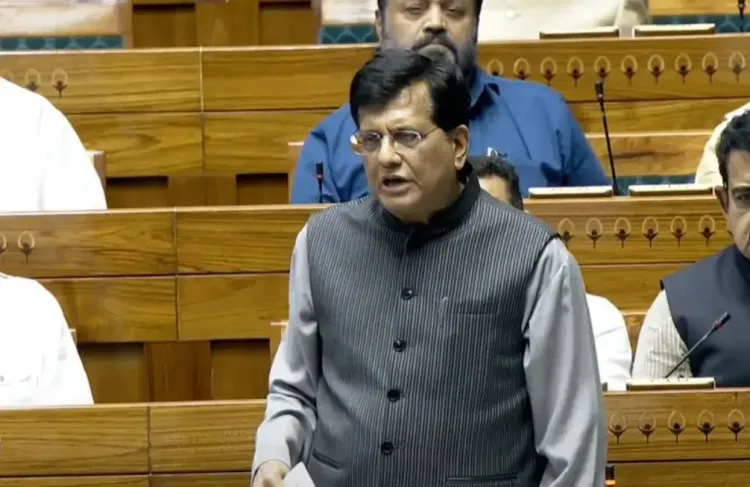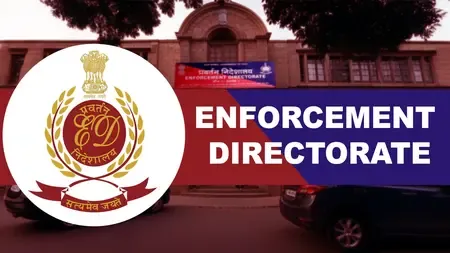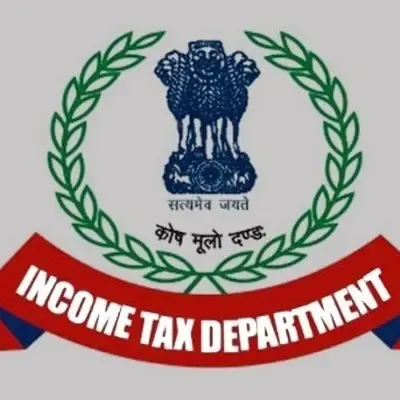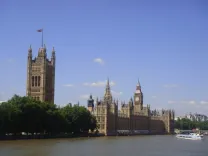Government Unveils Boilers Bill in Lok Sabha to Update Obsolete Legislation

Synopsis
Key Takeaways
- Boilers Bill, 2024 introduced in Lok Sabha
- Aims to replace Boilers Act, 1923
- Focus on safety and decriminalisation
- Benefits MSME sector and boiler users
- Enhances ease of doing business
New Delhi, March 25 (NationPress) Union Commerce Minister Piyush Goyal presented the Boilers Bill, 2024 in the Lok Sabha on Tuesday, aiming to replace the outdated Boilers Act, 1923. This initiative is intended to bolster trust by decriminalising certain offences and eliminating outdated provisions, thus enhancing the ease of doing business.
The proposed legislation includes provisions to ensure the safety of individuals working with boilers and mandates that boiler repairs are conducted by qualified professionals.
Previously, the Bill was approved by the Rajya Sabha on December 4, 2024, and will be forwarded for presidential assent following Lok Sabha approval.
This revised legislation aligns with the current needs of stakeholders, including industries and personnel involved with boilers, reflecting the necessities of today's environment.
The Bill has been crafted to incorporate modern practices, providing improved clarity in legal provisions. Similar clauses from the Boilers Act, 1923 have been consolidated into six chapters for easier comprehension.
All roles and powers of the Central and state governments, along with the Central Boilers Board, have been clearly detailed to prevent any misunderstandings, as stated by official sources.
In terms of Ease of Doing Business, the Bill is set to assist boiler users, particularly those in the MSME sector, by integrating decriminalisation provisions.
Of the seven offences outlined, four major ones—potentially leading to loss of life and property—will still incur criminal penalties for the sake of boiler and personnel safety.
For other offences, fiscal penalties will be implemented. Furthermore, all non-criminal offences will see the term ‘fine’ replaced with ‘penalty’ to be enforced through an executive mechanism, rather than through the courts, as was the previous practice.
The Union government is currently reviewing all pre-constitution acts regarding their modern-day applicability and relevance.
The Boilers Act, 1923 underwent a significant amendment in 2007 through the Indian Boilers (Amendment) Act, 2007, which introduced third-party inspections and certifications. However, upon further analysis, there is a recognized need to review the Act and integrate decriminalised provisions as per the Jan Vishwas (Amendment of Provisions) Act, 2023.
The current Act has been assessed, leading to the removal of redundant clauses and the introduction of new enabling provisions for rules and regulations that were previously lacking.
Additionally, new definitions have been added, and existing ones have been revised to enhance clarity in the Bill's provisions, according to the official statement.










